|
|
|
|
|
|
|
|
|
No Arctic-science events are scheduled for today.
|
Media
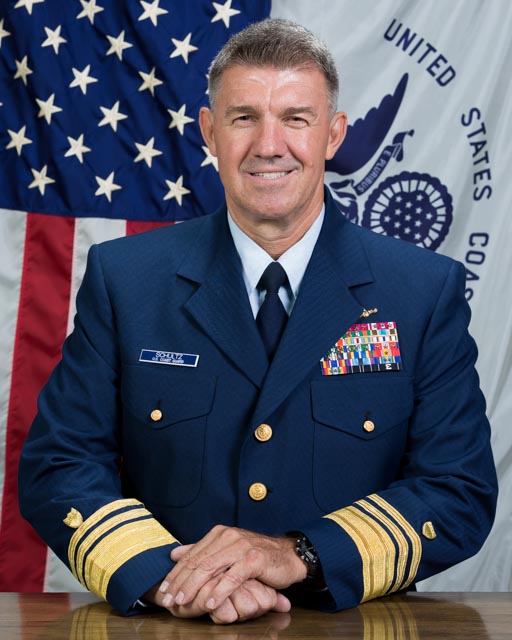 Coast Guard Commandant Wants Bigger Arctic Presence- How Cool is That? Coast Guard Commandant Wants Bigger Arctic Presence- How Cool is That? China and Russia, America's great-power competitors, are increasing their presence in the Arctic Ocean, as are many other nations, said Coast Guard Commandant Adm. Karl L. Schultz. "Presence equals influence. If we don't have a presence there, our competitors will," Schultz said at the Wilson Center in Washington. Department of Defense
China Builds World's 1st Arctic LNG Tanker Able to Operate in Winter. China has finished building the world's first Arctic liquefied natural gas (LNG) tanker capable of operating at temperatures below minus 50 degrees Celsius (minus 58 degrees Fahrenheit), the China Daily newspaper reported. The Arc7 ice class vessel with a payload of 44,500 tons was named Boris Sokolov and will soon be handed over to its Greek owner, according to China Daily. Sputnik News
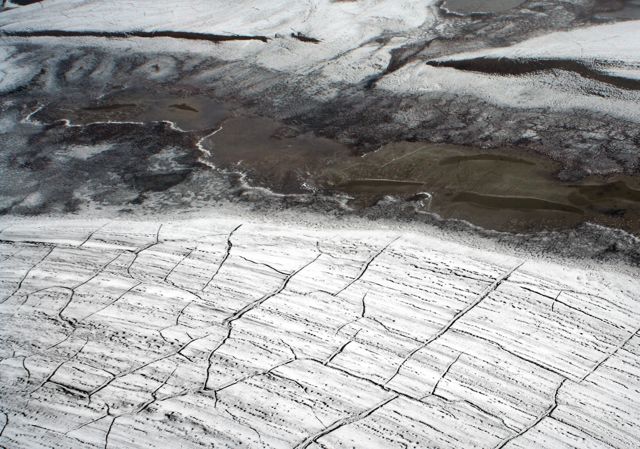 Permafrost: A Climate Time Bomb? Permafrost: A Climate Time Bomb? The Earth's vast tracts of permafrost hold billions of tonnes of planet-heating greenhouse gases that scientists warn will be released by global warming, along with diseases long locked into the ice.Here is some background. A quarter of the north: Permafrost-soil that is frozen, although not necessarily permanently as it name implies-is found mostly in the Northern Hemisphere, where it covers about a quarter of exposed land and is generally thousands of years old. Phys.org
TSU Will Develop a Technology for Cleaning Sediments of the Seas. A workshop of the CRENAME (Consortium of Researchers & Experts in North and Arctic Marine Ecosystems Oil Contamination) was held at TSU. Its task is to develop tools for restoring northern and arctic ecosystems. The participants have discussed the roadmap of the project to create the first rehabilitation technology for bottom sediments of the seas polluted with oil. In addition, the consortium intends to develop standards and legal frameworks that will help regulate issues related to the cleaning of bottom sediments of the Arctic seas. Phys.org
Declining Sea Ice is Making the Arctic Ocean Warmer. A new study shows that the largest influx of water into the Arctic Ocean takes place in autumn and early winter and that the water is also warmest at this time of year. Powerful pulses of water warmer than five degrees enter the area at the time of the year when the sea ice should freeze. But even if the air temperature is far below freezing, even during the months without the sun to warm the ground, new sea ice fails to appear. Science Nordic
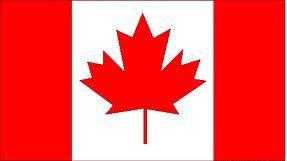 Inuit and Ottawa Reach Agreement in Principle on Arctic Marine Conservation Area. Inuit and Ottawa Reach Agreement in Principle on Arctic Marine Conservation Area. The federal government and the Inuit have reached another milestone in creating Canada's largest marine conservation area in the northeastern part of the fabled Northwest Passage, officials announced Tuesday. The Qikiqtani Inuit Association (QIA), which represents approximately 14,000 Inuit in the Qikiqtani (Baffin) Region of Nunavut, and the federal government announced that they have reached an agreement in principle, outlining key elements of the future Inuit Impact and Benefit Agreement for Tallurutiup Imanga National Marine Conservation Area. Radio Canada International
U of Alberta Students Find Record Levels of Mercury Released in Canadian Arctic Waterways From Thawing Permafrost. Thawing permafrost in the Canadian Arctic as a result of climate change is releasing unprecedented levels of toxic mercury into the country's waterways, according to research by three University of Alberta graduate students. The study focused on eight different thaw slumps in the Northwest Territories measuring samples both up and downstream to determine the amount of mercury in the water, co-lead researcher Kyra St. Pierre said from Denmark Tuesday morning. Edmonton Journal
|
|
Future Events
December 6, 2018 (Washington, DC).
U.S. Sen. Dan Sullivan (R-Alaska), chairman of the Subcommittee on Oceans,
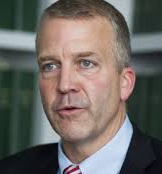 Atmosphere, Fisheries, and Coast Guard, will convene a subcommittee hearing titled "Preparing for Maritime Transportation in a Changing Arctic," at 9:30 am on Thursday. The hearing will examine emerging transportation issues in the changing Arctic region, including increases in vessel traffic and the resulting need for updates in waterway management, infrastructure investment, and domain awareness.
Witnesses (list subject to change):
- Mr. Willie Goodwin, Chairman, Arctic Waterways Safety Committee
- Andrew Hartsig, Director, Arctic Program, Ocean Conservancy
- Ms. Kathy Metcalf, President and CEO, Chamber of Shipping of America
- Captain Ed Page, Executive Director, Marine Exchange of Alaska
American Geophysical Union Fall meeting, December 10-14, 2018 (Washington, DC USA). The AGU 2018 Fall Meeting will mark another dynamic year of discovery in Earth and space science, serve as the advent of AGU's Centennial year, and provide a special opportunity to share our science with world  leaders in Washington, D.C. As the largest Earth and space science gathering in the world, the Fall Meeting places you in th
e center of a global community of scientists drawn from myriad fields of study whose work protects the health and welfare of people worldwide, spurs innovation, and informs decisions that are critical to the sustainability of the Earth.
ArcticNet: Annual Scientific Meeting 2018, December 10-14, 2018 (Ottawa, ON Canada). Canada's North is experiencing unprecedented change in its sea and terrestrial ice, permafrost and ecosystems under the triple pressures of climate change, industrialization and modernization. The impacts of these pressures can be seen on food and energy security, shipping, sovereignty, northern community health and well-being, and sustainable development and resource exploitation. All these issues have brought the North to the forefront of national and international agendas. Building on the success of its previous Annual Scientific Meetings and International Arctic Change Conferences, the Arctic Network of Centers of Excellence announces the 14th ArcticNet Annual Scientific Meeting.
USARC Commissioner Jacqueline Richter-Menge to deliver the Nye Lecture at the 2018 AGU Fall Meeting, December 11, 2018 (Washington, DC USA).The US Arctic Research Commission (USARC) is pleased to announce that Commissioner Jacqueline Richter-Menge will present this year's Nye Lecture, titled "A Career of Change," at the Fall Meeting of the American Geophysical Union (AGU) in Washington, DC at 2:50 pm on Tuesday, December 11, 2018 in the Marquis room of the Marriott Marquis Hotel, 901 Massachusetts Ave. NW, Washington, DC 20001.
** New this week ** Keynote: US Senate Perspectives on Science Policy, December 12, 2018 (Washington, DC. USA). U.S. Senators Lisa Murkowski of Alaska and Maria Cantwell of Washington will discuss today's top science policy topics, from hazards to scientific integrity. The senators will be sharing remarks on the science policy issues facing their constituents and the world, followed by a Q&A moderated by AGU CEO and Executive Director Chris McEntee. This event is part of the American Geophysical Union Fall Meeting.
** New this week ** The Synoptic Arctic Survey Informational Meeting During the AGU Fall Meeting, December 13, 2018 (Washington, DC USA). The Synoptic Arctic Survey (SAS) will be hosting an informational meeting during the American Geophysical Union (AGU) 2018 Fall Meeting. This open meeting will convene 12:30 - 1:30 p.m. Eastern Standard Time on Thursday, 13 December 2018 at the Cambria Hotel Washington D.C. Convention Center (899 O Street NW, Washington, DC, 20001), Duke Ellington Room 1, in Washington D.C. The SAS is a developing international program envisioned to mount a coordinated, multi-nation, oceanographic field-based effort on a Pan Arctic Scale quasi-synoptically over a single season to achieve the baseline understanding of the fundamental structure and function of the linked carbon-ecosystem-physical systems that will permit detection of ongoing and future changes. Development of the program has been ongoing since 2015.
** New this week ** Fast Thaw, December 14, 2018 (Washington, DC USA). Arctic 21 will host a presentation with Dr. Katey Walter Anthony. The discussion with consider permafrost thaw and methane emissions from lakes in the Arctic.
'UK-US Maritime, Aerospace and Security Cooperation in the Arctic'. Delegates will discuss and debate trade and security-focused Arctic collaboration in the Arctic between US, the UK, and their allies. This convening is designed to deepen the UK-US special relationship by strengthening trade and cooperation in four areas in particular: maritime services, aerospace, fisheries, defense and security. The Arctic Encounter London is co-produced by the Polar Research and Policy Initiative and the Arctic Encounter. The Polar Research and Policy Initiative (PRPI) is a London-based international think-tank dedicated to Arctic, Nordic, North Atlantic, North Pacific and Antarctic affairs. The Arctic Encounter is the largest annual Arctic policy and business conference convening in the United States, with partnerships and convening efforts worldwide.
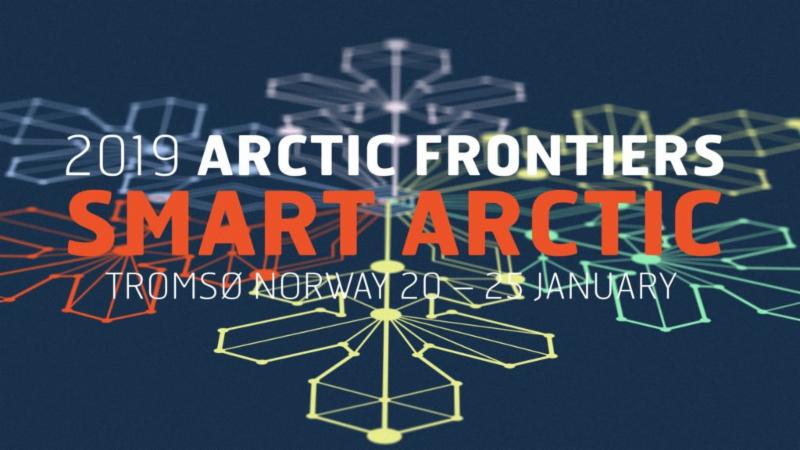 Arctic Frontiers, January 20-25, 2019 (Tromso, Norway). The Arctic Frontiers is a global scientific conference on economic, societal, and environmental sustainable growth. This year's theme will be "Smart Arctic," with a pan-arctic emphasis, and an effort to build new partnerships across nations, generations and ethnic groups. Arctic Frontiers provides a forum for dialogue and communication between science, government and industry. The plenary program will have five main sessions: State of the Arctic, Blue Growth, Smart Solutions, Bridging the Gap, and Arctic business prospects. An abstract-driven science program will address Plastics in the Ocean, the Future of Governance and Handling Vulnerability in Arctic Ecosystems, State of the Arctic and A Smart Arctic Future.
Save the Date! 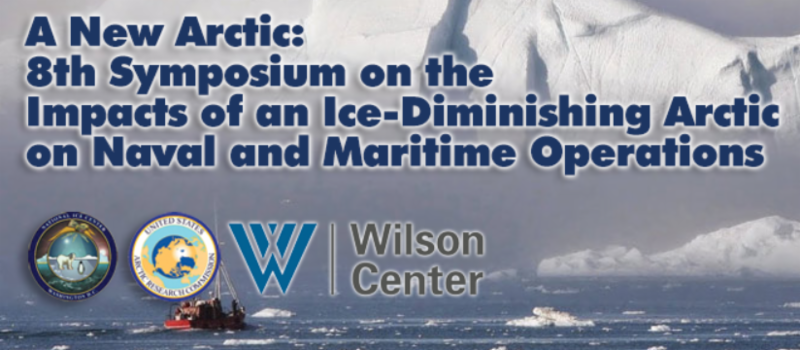
Mark your calendars to attend IDA-8, which some have called one of the best Arctic gatherings around. Historically, this biennial symposium was co-hosted by U.S. National/Naval Ice Center (NIC) and the US Arctic Research Commission (USARC). In 2019, these partners will join forces with the preeminent Wilson Center's Polar Institute, as a third co-host. The now 2-day symposium will be held in the Ronald Reagan Building Amphitheater, in Washington, DC. The event will focus on a broad cross-section of naval and maritime operations and issues in an ice-diminishing Arctic. The symposium brings together nationally and internationally recognized experts on Arctic governance, geopolitics, marine operations, infrastructure, science, and environmental observations, from the local, regional, and pan-Arctic scale. Information on prior symposia, including lists of speakers, video clips, and copies of presentations, is available here. Attendance is free, and registration will begin in Spring 2019. The event will be webcast live, and video recorded.
 of the AAG includes over 8,500 geographers converging from the U.S., Canada, and nearly 60 other countries in a typical year including geographers, GIS specialists, environmental scientists, and other leaders for the latest in research and applications in geography, sustainability, and GIScience. of the AAG includes over 8,500 geographers converging from the U.S., Canada, and nearly 60 other countries in a typical year including geographers, GIS specialists, environmental scientists, and other leaders for the latest in research and applications in geography, sustainability, and GIScience.
|
|

  
4350 N. Fairfax Drive, Suite 510
Arlington, VA 22203, USA
External links in this publication, and on the USARC's World Wide Web site ( www.arctic.gov) do not constitute endorsement by the US Arctic Research Commission of external Web sites or the information, products or services contained therein. For other than authorized activities, the USARC does not exercise any editorial control over the information you may find at these locations. These links are provided consistent with the stated purpose of this newsletter and the USARC Web site.
|
|
|
|
|
|
|
|
|